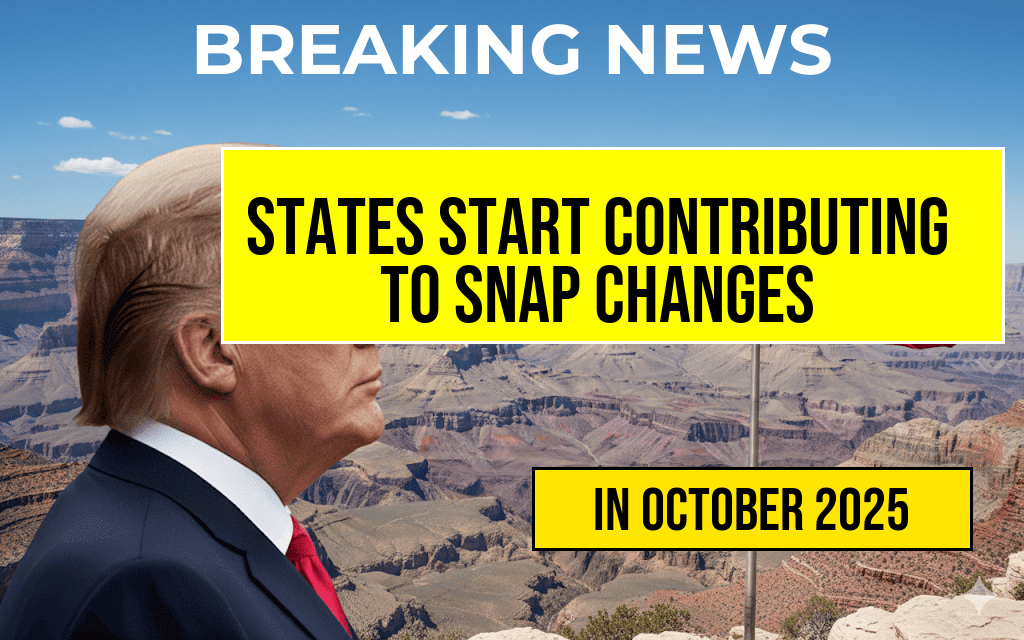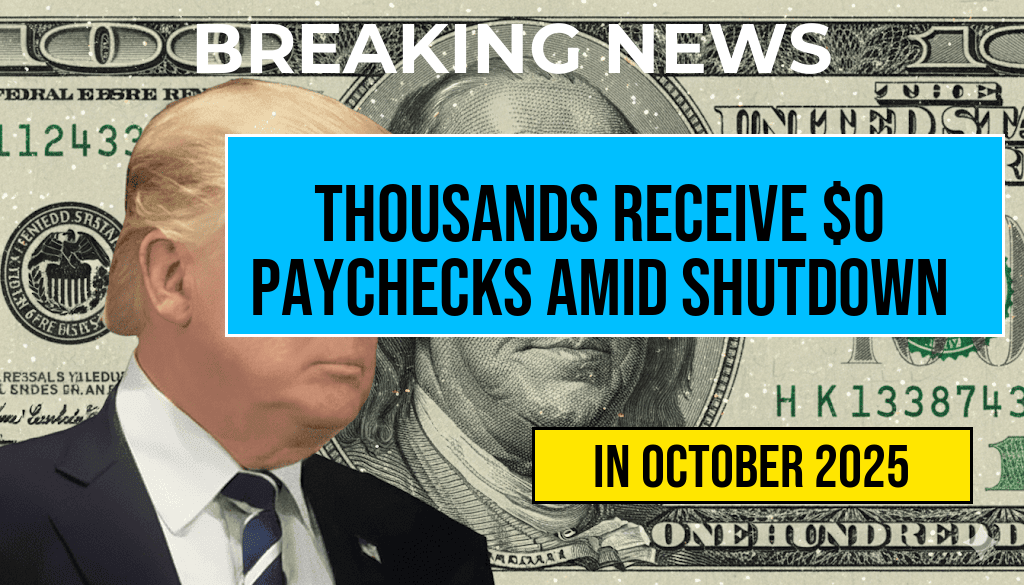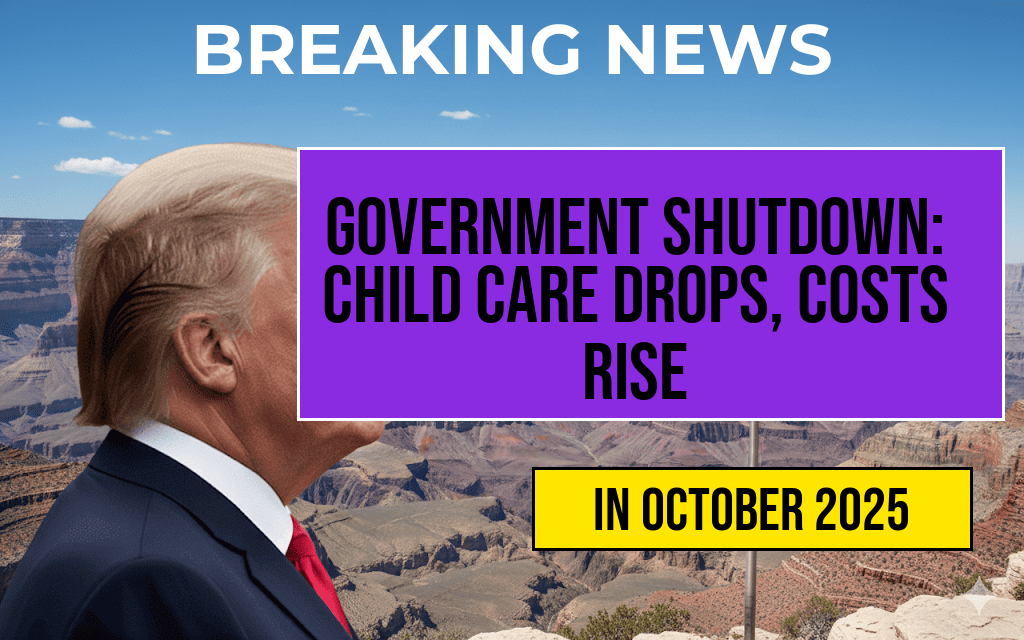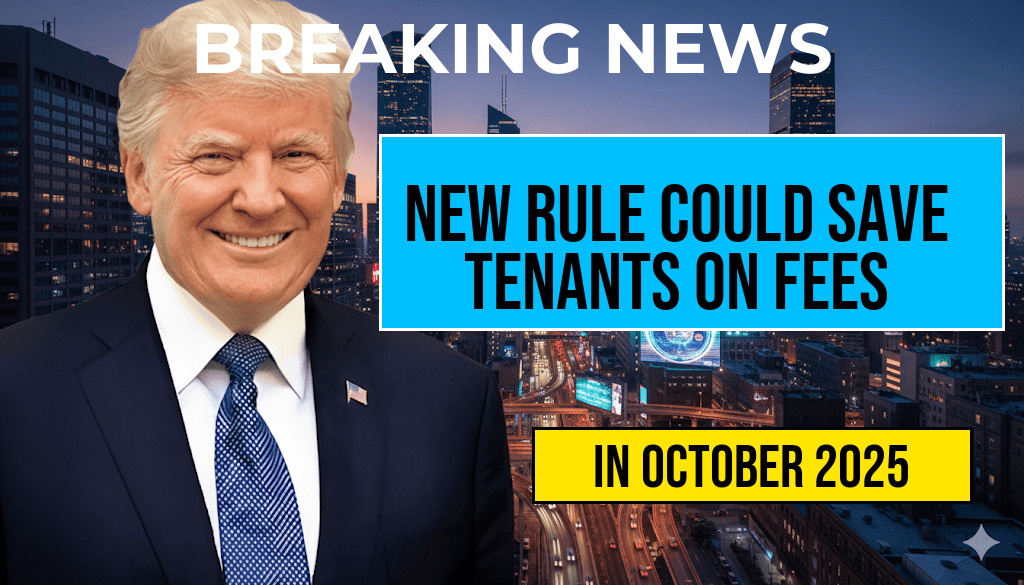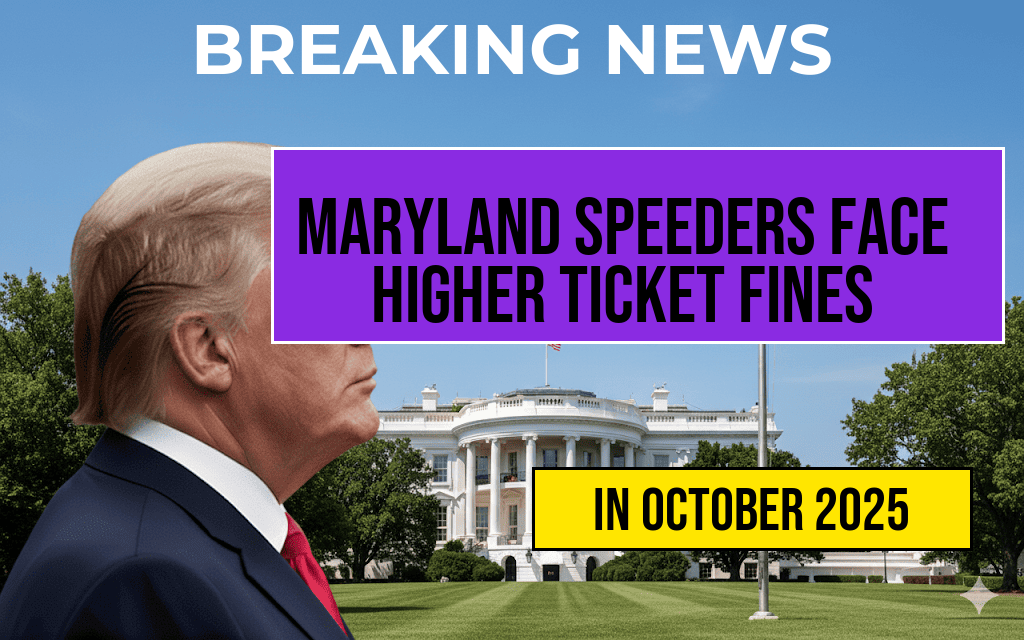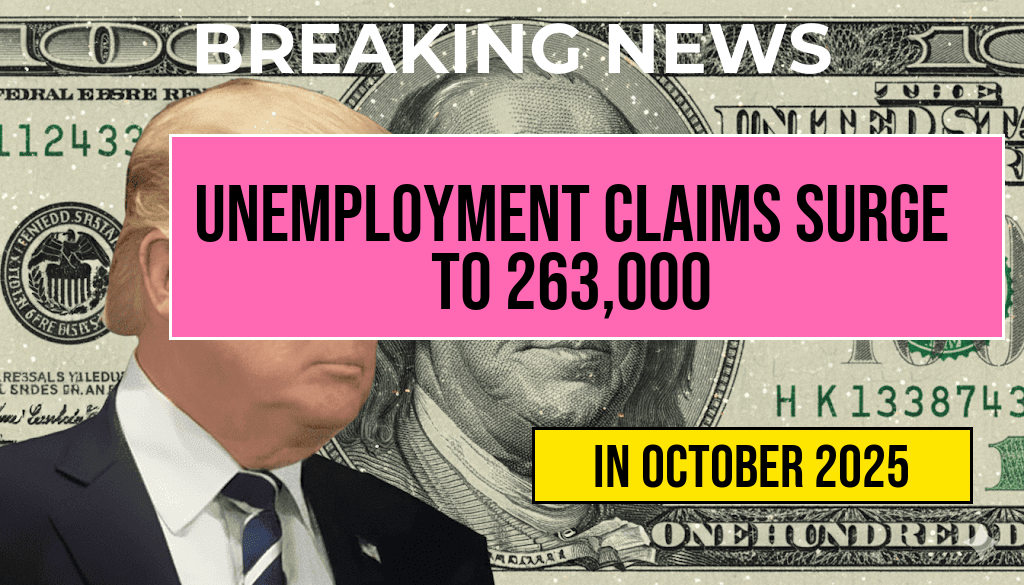A new rule in Washington, D.C., aimed at utility shutoffs, promises to save tenants significant amounts of money—between $200 and $500—by minimizing unexpected fees associated with service interruptions. Under the recently implemented regulation, utility companies are now required to provide advance notification to tenants before any service is disrupted for non-payment. This move comes as part of broader efforts to protect vulnerable residents who may struggle with utility bills, especially in the wake of economic challenges exacerbated by the COVID-19 pandemic. The rule not only seeks to enhance transparency but also aims to foster better communication between utility providers and consumers, ensuring that tenants are not blindsided by abrupt service cutoffs.
Understanding the New Notification Requirements
The D.C. Public Service Commission introduced this rule, mandating that utility companies send a written notice to tenants at least 14 days before any planned shutoff. This advance notice is designed to give residents ample time to address any outstanding payments or seek assistance if needed. The requirement applies to all major utilities, including electricity, gas, and water services.
Benefits for Tenants
- Financial Savings: By receiving timely notifications, tenants can avoid last-minute payments that often come with hefty fees.
- Improved Communication: The rule encourages utility providers to maintain better communication with their customers, potentially reducing misunderstandings and fostering a cooperative environment.
- Access to Resources: Tenants can seek financial aid or payment plans before their utilities are shut off, thus preventing disruption of their essential services.
Economic Context and Implications
This initiative is particularly relevant in light of the economic pressures many households face today. The COVID-19 pandemic led to job losses and economic instability, which have made it challenging for many D.C. residents to keep up with their utility bills. The new rule is seen as a safety net for those who may be one missed payment away from losing access to vital services.
In addition to financial relief, the advance notification requirement aligns with similar measures in other states aimed at consumer protection. For instance, several jurisdictions have enacted laws that require utility companies to notify customers before shutoffs, recognizing the need for transparency and support.
Community Reactions
Local advocacy groups have praised the new regulation, asserting that it is a significant step toward safeguarding low-income families and individuals. Organizations such as the Coalition for Nonprofit Housing and Economic Development (CNHED) have highlighted how this rule can prevent the cycle of debt and disconnection, ultimately contributing to housing stability.
“This is a much-needed change,” said a spokesperson from CNHED. “It allows families to plan and seek help before they lose access to essential services.” The sentiment is echoed by many residents who have experienced the stress and financial burden of sudden utility shutoffs.
How Tenants Can Prepare
Tenants should take proactive steps to manage their utility bills and stay informed about their accounts. Here are some recommendations:
- Regularly Check Utility Statements: Keep an eye on your monthly bills to ensure there are no discrepancies.
- Set Up Alerts: Many utility companies offer account alerts via email or text for due dates and payment confirmations.
- Seek Assistance: If you anticipate difficulty in making a payment, reach out to local assistance programs or your utility provider early.
Conclusion
The implementation of the new notification requirement in Washington, D.C., marks a significant shift in how utility companies interact with tenants. By providing advance notice before a utility shutoff, the city aims to mitigate the financial burden on residents and promote responsible consumer practices. This change not only reflects a commitment to protecting vulnerable populations but also highlights the importance of communication in ensuring access to essential services. As tenants navigate the complexities of utility payments, staying informed and prepared will be key to taking advantage of these new protections.
For further information on tenant rights and utility regulations, residents can visit D.C. Courts Tenant Rights or the Nolo Legal Encyclopedia.
Frequently Asked Questions
What is the new DC notice rule regarding utility shutoffs?
The new DC notice rule requires landlords to provide tenants with a written notice before any utility shutoff, giving them a chance to address the issue and potentially avoid unexpected fees.
How much money could tenants save with this new rule?
According to estimates, tenants could save between $200 to $500 in unexpected fees related to utility shutoffs, thanks to the new notification requirements.
What should tenants do if they receive a utility shutoff notice?
If tenants receive a utility shutoff notice, they should immediately reach out to their landlord to discuss the situation and explore options to prevent the shutoff.
Are there specific utilities covered under the new notice rule?
Yes, the new rule applies to essential utilities such as water, electricity, and gas, ensuring that tenants are informed before any disruptions occur.
What rights do tenants have under this new DC rule?
Tenants have the right to receive adequate notice about potential utility shutoffs and to seek assistance in resolving any issues before services are interrupted.

